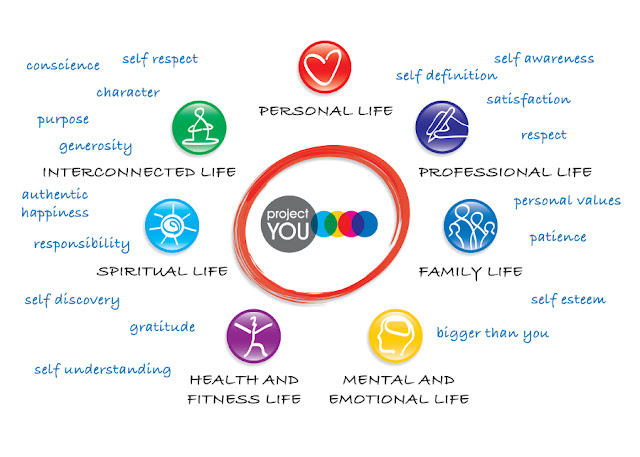Patience is both a Virtue and a Tool of Personal Success
The
Project You Life Journey is a long,
continuous one, with a destination set by you and at a pace established by you.
This
is not a journey of perfection, but one of nonstop and unremitting improvement.
The objective is to aim for a continuous achievement of success milestones that
will provide you with daily, weekly and monthly confirmation that you are
attaining higher levels of self satisfaction, self-determined happiness and
self-defined levels of contentment.
Along
this journey you will find times when you have made mistakes or chosen wrong
options. That is fine, because doing so increases your ability to learn new
things, gain greater insights into yourself and move forward with your life.
Of
course, it goes without saying that this journey requires patience….with
yourself, with others, and with the circumstances and situations we face.
Perhaps
the greatest patience will be required with the self-imposed time deadlines we
tend to set for ourselves. We often forget that the universe does not work on
the same clock or to the same deadlines as we do. In fact, it usually takes
longer to accomplish a specific goal than the time frame we originally set for
ourselves. Not meeting our own, arbitrarily set deadlines is not a failure of
accomplishment. Rather, it is a failure in setting correct and proper
deadlines!
Does
it matter if it takes three weeks longer for you to lose the final amount of
weight you set as a goal? Not in the bigger picture of your Project You Life Journey it doesn't.
Does it matter if it takes several months longer to accomplish your major
renovation or hobby project than you set yourself? Not in the bigger picture of
your Project You Life Journey it
doesn't.
We
are so programmed in today's world to establish hard and firm deadlines for
ourselves that much of our angst and worries are, not about accomplishing a
certain objective as it is about doing so within a specified time we set for
ourselves! Drop the angst and worries about deadlines and your progress toward
your goal will become smoother and more fulfilling.
Yes,
proper goal setting techniques state that all goals should be time bound. And
that's fine, especially in terms of keeping you motivated toward accomplishing
a desired goal. But when the pressures of meeting an arbitrary deadline cause
an imbalance in your inner peace, or cause your brain to start sending negative
messages of failure and unworthiness, it's best to adjust the target date so
that you can remain clearly focused on accomplishing your goal.
There's
a reason that patience is said to be one of the seven heavenly virtues. And it
is certainly one of the tools you will want to bring with you on your Project You Life Journey.
This article is excerpted from the Amazon best-selling personal development and growth book Project You: Living A Determined Life, available in Kindle and paperback.



